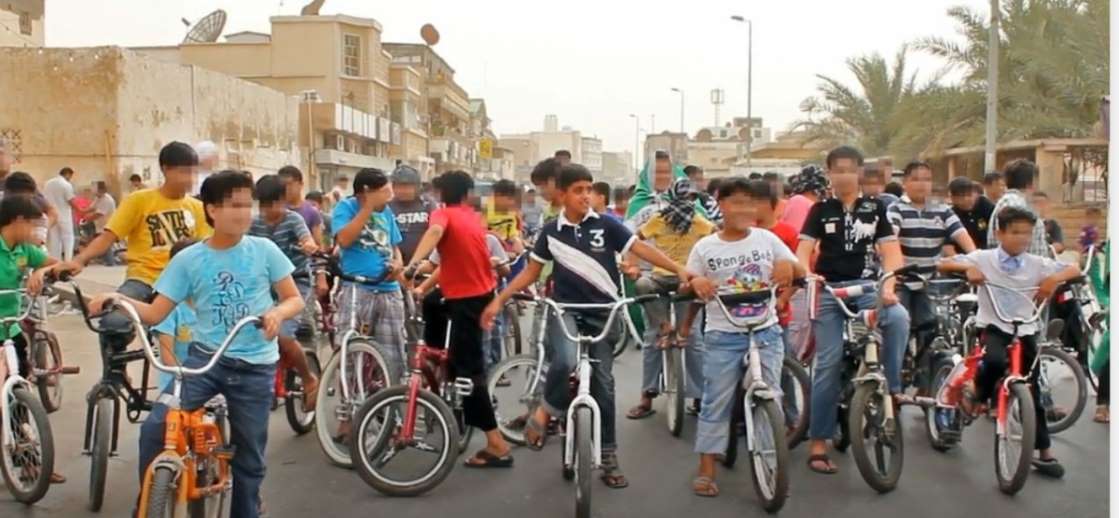A judge in Saudi Arabia has decided not to award the death penalty to an 18-year-old Shia boy for allegedly taking part in protests against the government, instead handing out a 12-year prison sentence. The decision came after international condemnation and outrage from human rights activists and organizations. Saudi state prosecutors had reportedly requested the death penalty for the boy for charges as grave as sedition, “leading an extremist terrorist group” and taking part in violent activities.
Murtaja Qureiris was 10 years old in 2011 when he and 30 other children rode their bicycles through a city in Saudi Arabia’s eastern province in an act of protest against the Saudi theocratic Wahabi government. They did so to advocate better human rights for the minority Shia Muslims in the country, as well as for better representation, political or otherwise. In the video, Murtaja is seen shouting “the people demand human rights” in a megaphone during the protest.
Murtaja was arrested in September 2014, at the age of 13, by Saudi border authorities while he was traveling with his family to Bahrain. Lawyers and activists all over the world considered him to be the youngest political prisoner in Saudi Arabia at the time. After being arrested, he was held at the Dar al-Mulahiza juvenile detention center in al-Dammam city. In his almost 5 years of detention, he has been subjected to physical abuse and torture, as well as verbal threats and intimidation during interrogations. He was kept in solitary confinement for nearly 15 months. He was also denied access to a lawyer throughout his detention period until his first court session in August 2018 at the specialized criminal court. The supposedly anti-terror court, set up in 2008, has instead been used for targeting human rights activists and protesters in Saudi Arabia.
Saudi prosecutors had slapped other equally serious charges on the teenager, including throwing a Molotov cocktail at a police station in the city of Awamiya in eastern Saudi Arabia while riding on the back of his brother Ali Qureiris’ motorcycle. Ali was killed by Saudi security forces in 2011 while participating in anti-government protests which the Saudi government claimed were of a violent nature. Murtaja was also charged with turning his brother’s funeral into a protest against the government.
Even though the death penalty was sought for Murtaja, he has not been charged with any loss of life. The prosecutors were seeking the harshest form of death penalty for him, which would have meant crucifixion and dismemberment of his body after his death. Murtaja has denied all charges and has said that the confessions, which are the main basis for the prosecution’s argument, were obtained from him under duress.
If Murtaja’s execution had taken place, it would have made him the fourth teenager to be put to death by Saudi Arabia in 2019. The government had announced an execution spree on April 23 in which a total of 37 people were executed, along with three teenagers. Saudi Arabia has already executed at least 104 people in 2019, according to Amnesty International. The European Saudi Organization for Human Rights estimates the number to be 107. Amnesty has also stated that the majority of those executed were Shia men “convicted after sham trials that violated international fair trial standards which relied on confessions extracted through torture”.





